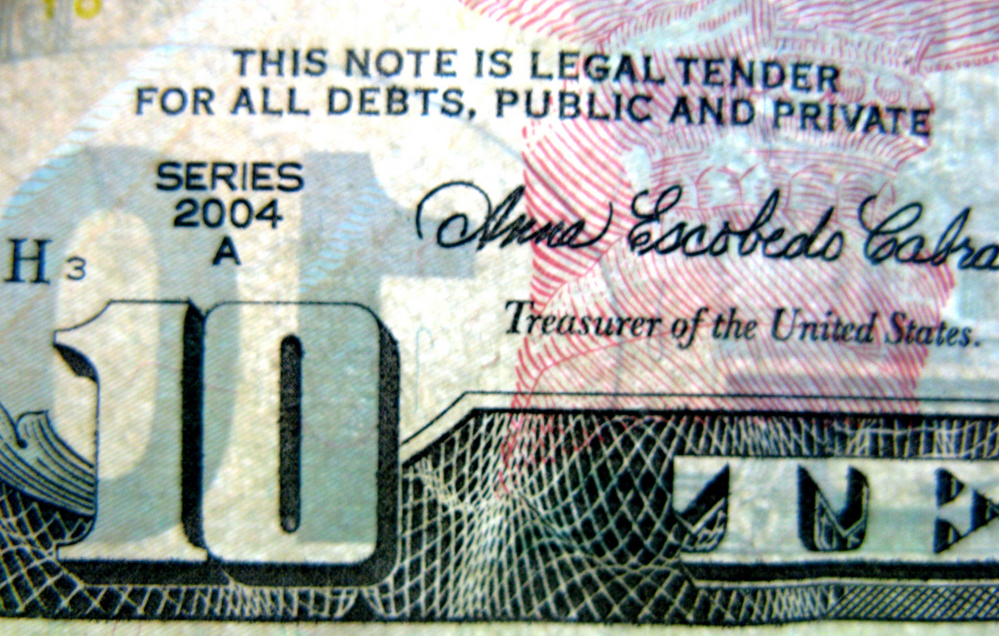Feds Say Bogus Debt-Relief Operation Just Left Consumers Deeper In Debt
Being elbows-deep in debt is a scary thing, so when a service tells you that you can “become debt free and enjoy financial independence” and that it can reduce how much you owe by “70 to 80 percent on average including all fees,” it might be tempting to give it a shot. But don’t be shocked when you end up scammed out of whatever money you have.
The Federal Trade Commission has charged California-based DebtPro 123 with deceiving customers in paying upwards of $10,000 for debt-relief services that promised to provide legal advice, settle debts, and repair credit, but mostly just left debtors in even worse financial shape than when they started.
According to the FTC’s complaint [PDF], the defendants would require that customers who signed on to the program give them access to directly debit their bank accounts. The company would then take out its fee of up to 20% of a customer’s total debt owed.
“Defendants collected their fees as a portion of the monthly payments, front-loading the fees,” reads the complaint. “For many consumers, more than half of their monthly payment went towards Defendants’ fees. For consumers who were in the program longer than eighteen months, Defendants also charged a $49 monthly ‘maintenance fee.'”
The FTC also alleges that the defendants told consumers to stop paying and communicating with their creditors. Making matters worse, the company often didn’t start any sort of negotiation with creditors until after the customer had received letters from creditors warning of an impending lawsuit for failure to make payments on their debts.
And when the defendants did do any negotiating, the FTC claims they “rarely, if ever, negotiated settlements with all of a consumer’s creditors.”
So even though customers paid substantial fees to the company to get out of debt, the FTC says this debt often increased, “causing them to lose their homes, have their wages garnished, lose their retirement savings, or file for bankruptcy.”
When upset customers demanded refunds, the complaint states that “Defendants then created multiple obstacles to prevent and/or delay consumers’ refund requests,” requiring the filing of complicated forms, some of which had to be notarized.
“Even after consumers submitted all of these forms, and Defendants told them in e-mails and over the phone that a refund was forthcoming, in numerous instances, consumers received no refunds,” alleges the complaint, which charges the defendants with violating the Federal Trade Commission Act, the Telemarketing Sales Rule, and the Credit Repair Organizations Act.
“These defendants said they would get consumers out of debt, but instead they bilked them out of thousands of dollars, often leaving them worse off than they were before,” said Jessica Rich, Director of the FTC’s Bureau of Consumer Protection.
Want more consumer news? Visit our parent organization, Consumer Reports, for the latest on scams, recalls, and other consumer issues.


